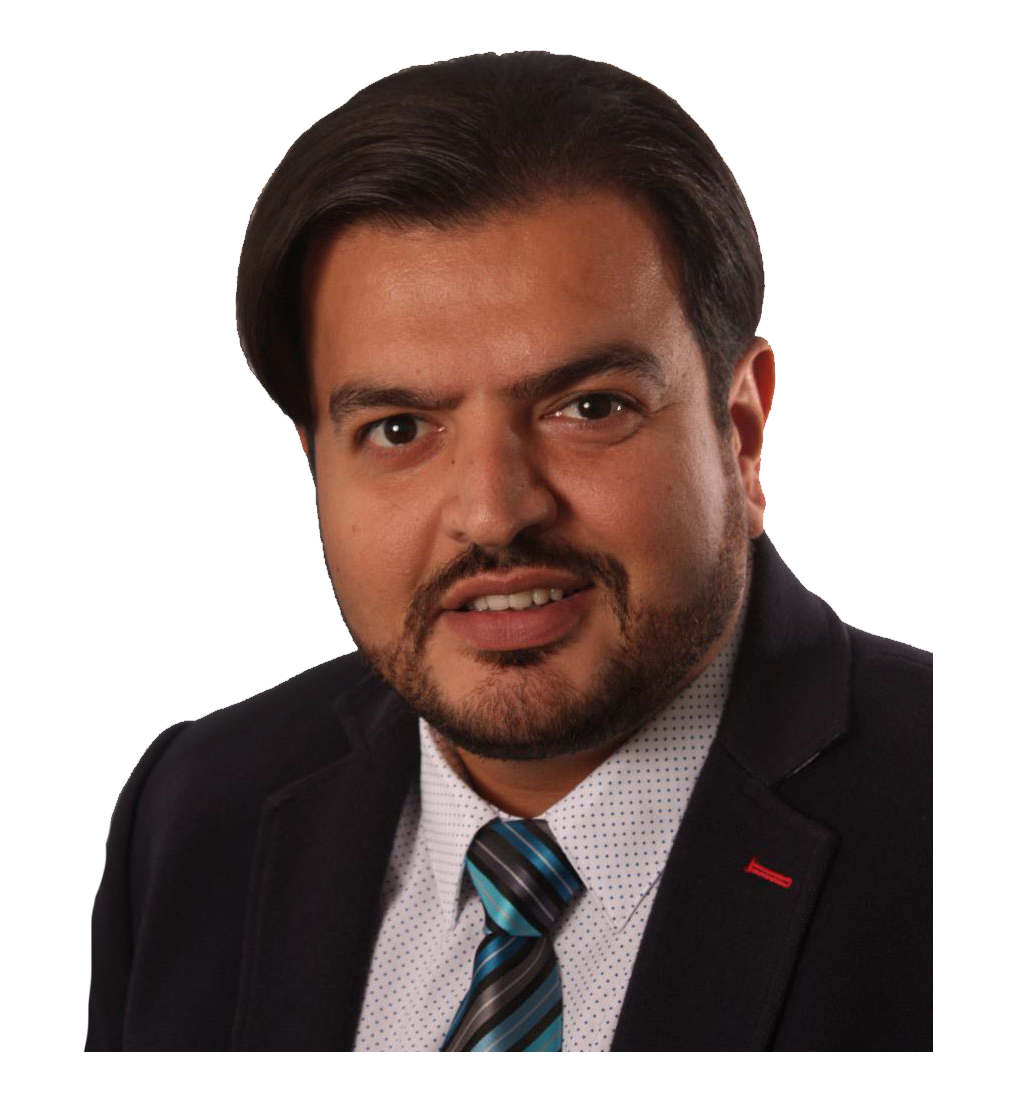Freedom of belief means the right of every individual to hold and follow their own beliefs, ideologies, and values. This fundamental right allows individuals to shape their convictions and beliefs based on the freedom of choice and to strive for their realization. By combining freedom of thought, freedom of expression, and freedom of belief, we can achieve the construction of a just and democratic society that respects all its members and provides a space for reflecting intellectual and cultural diversity.
In countries with a religious dictatorship, freedom of belief is particularly suppressed and restricted when it contradicts the prevailing religious beliefs. Individuals who deviate from the dominant religious beliefs of these countries or express differing viewpoints often face severe penalties, which may include detention, imprisonment, and even execution.
